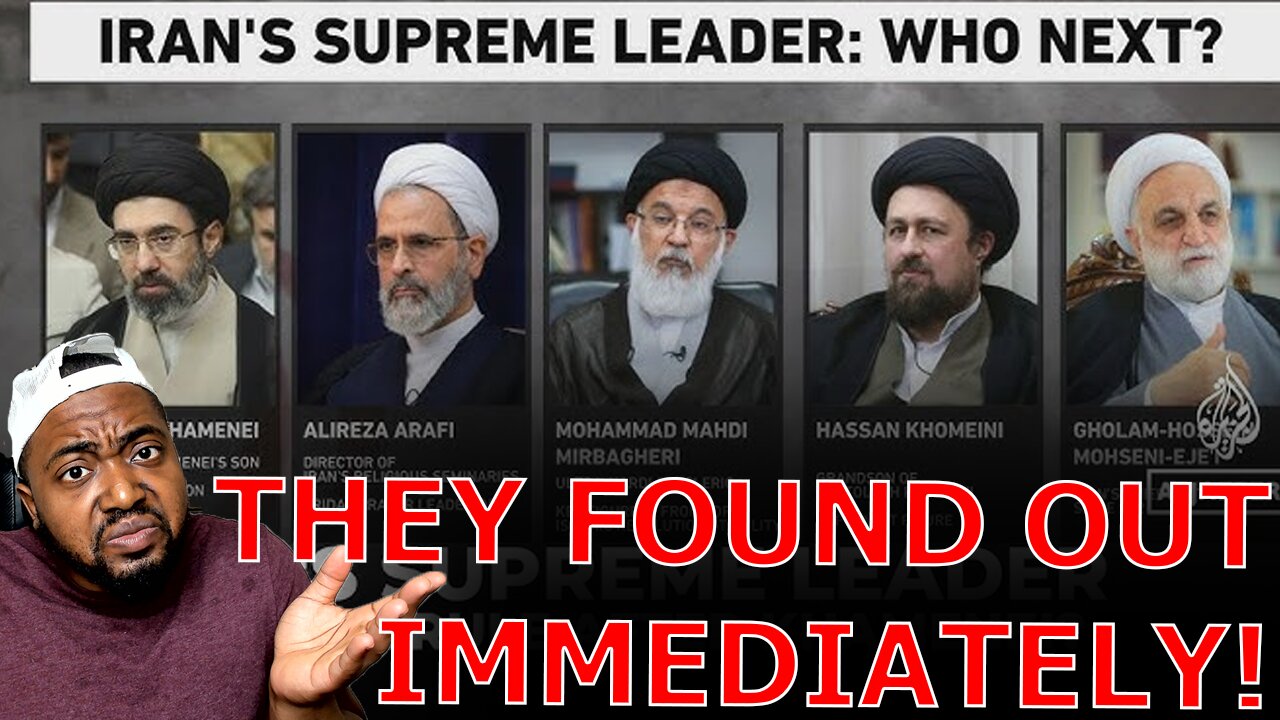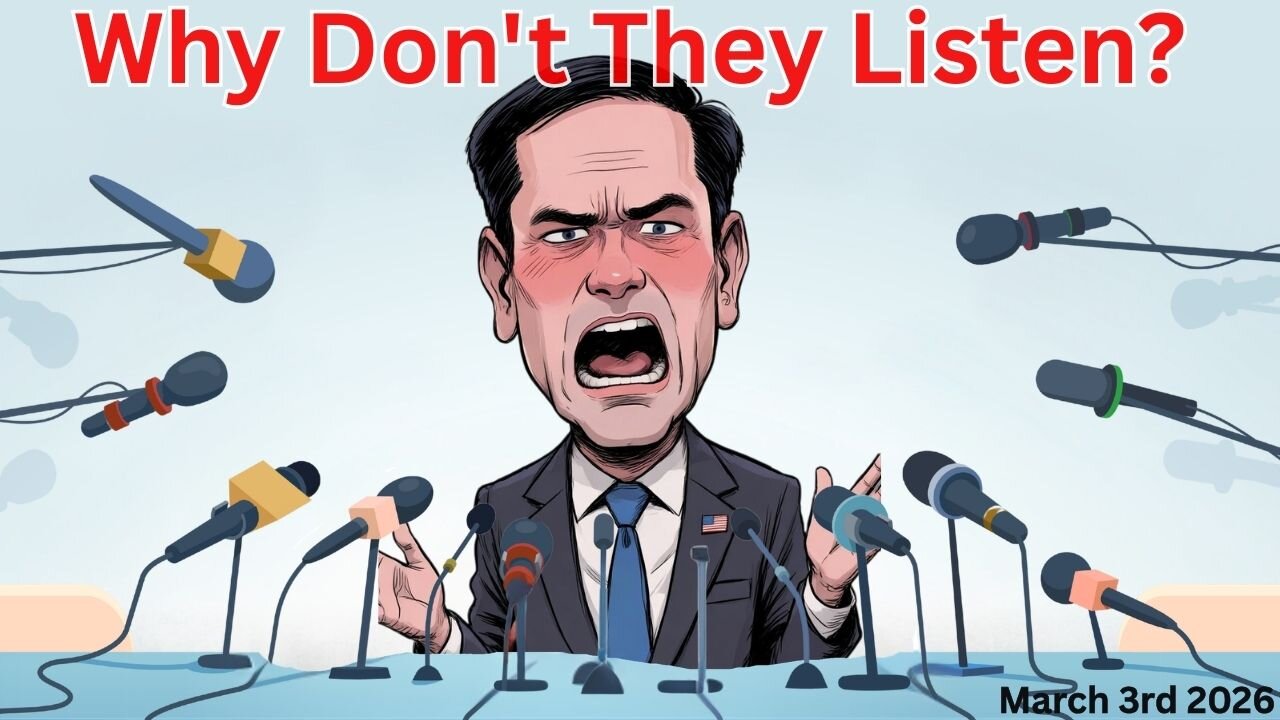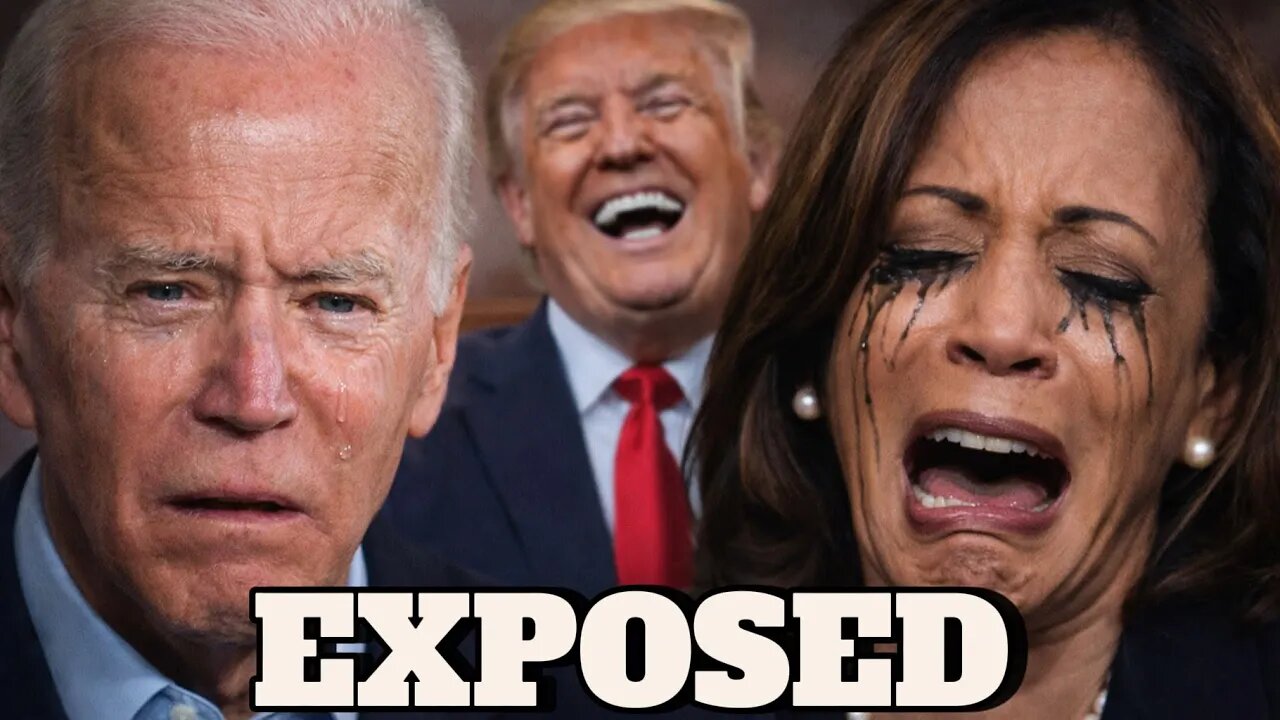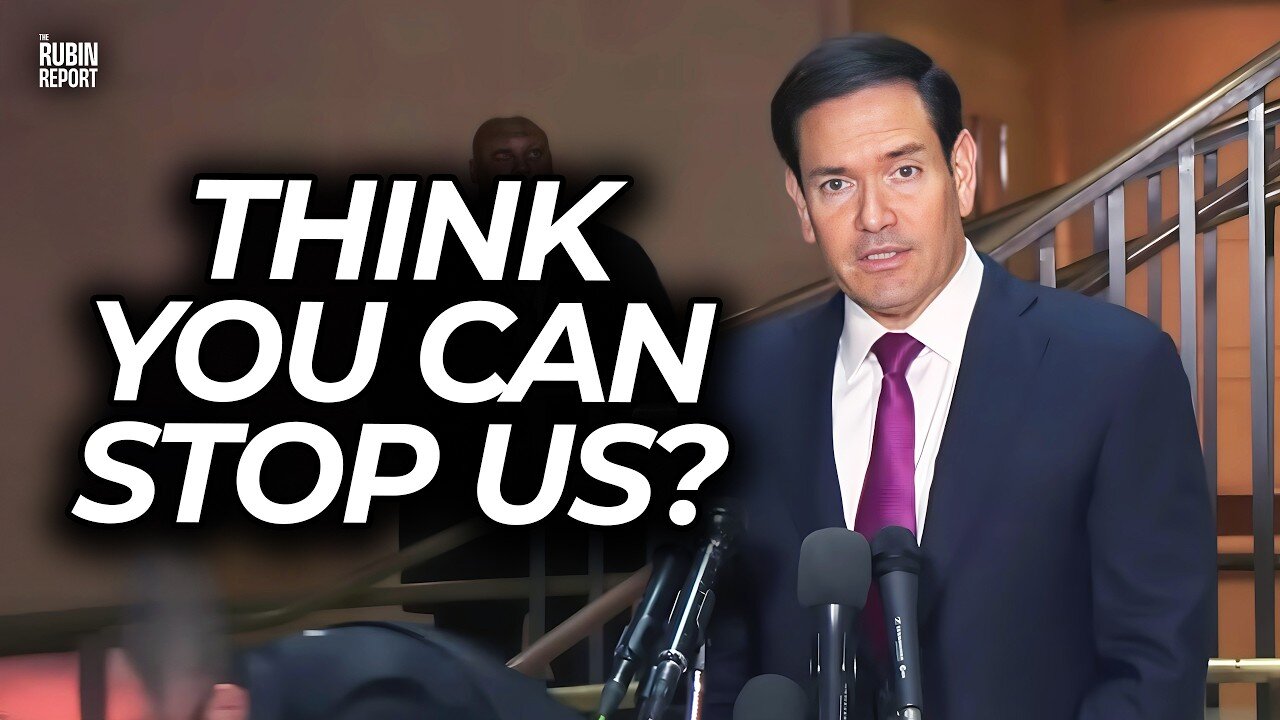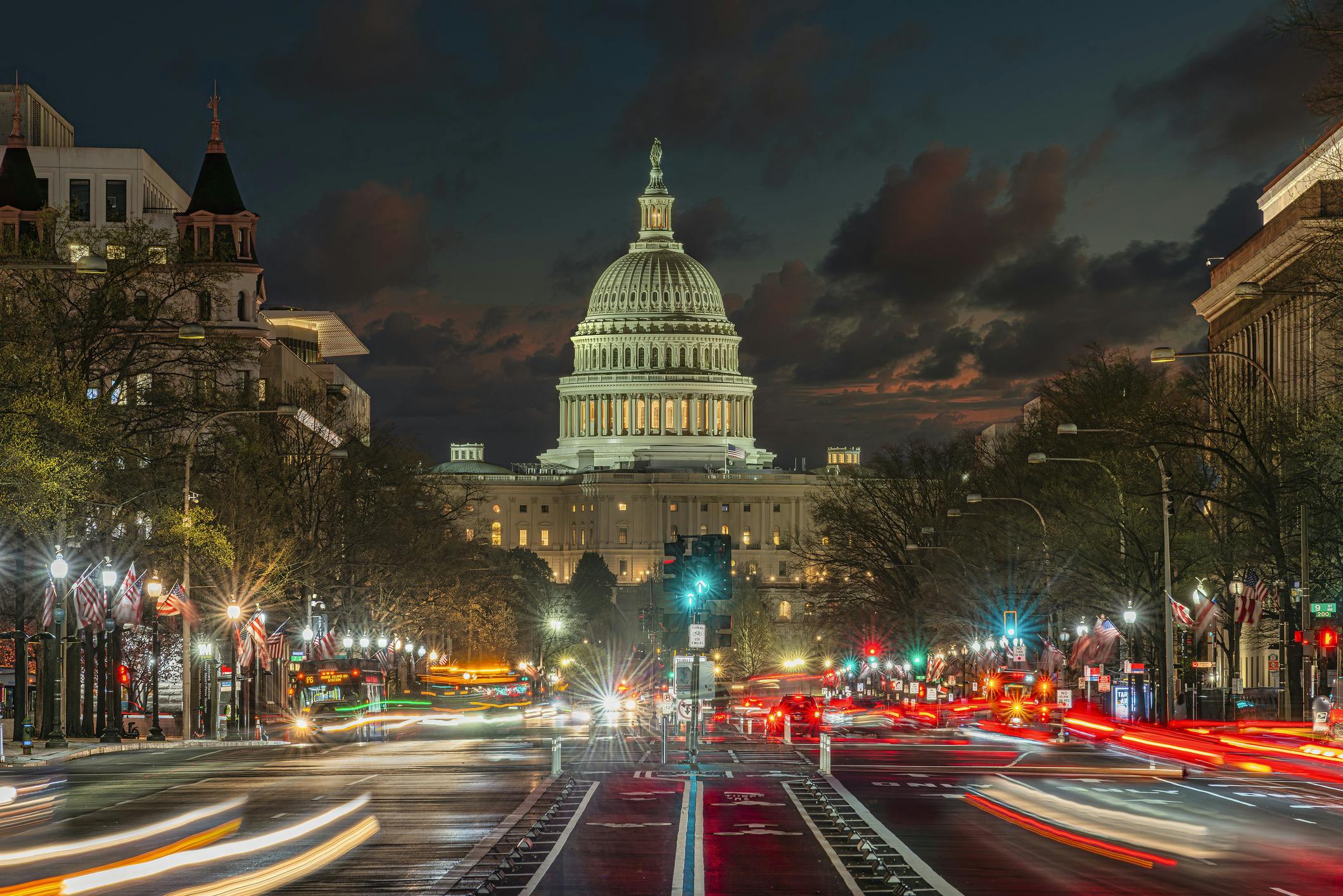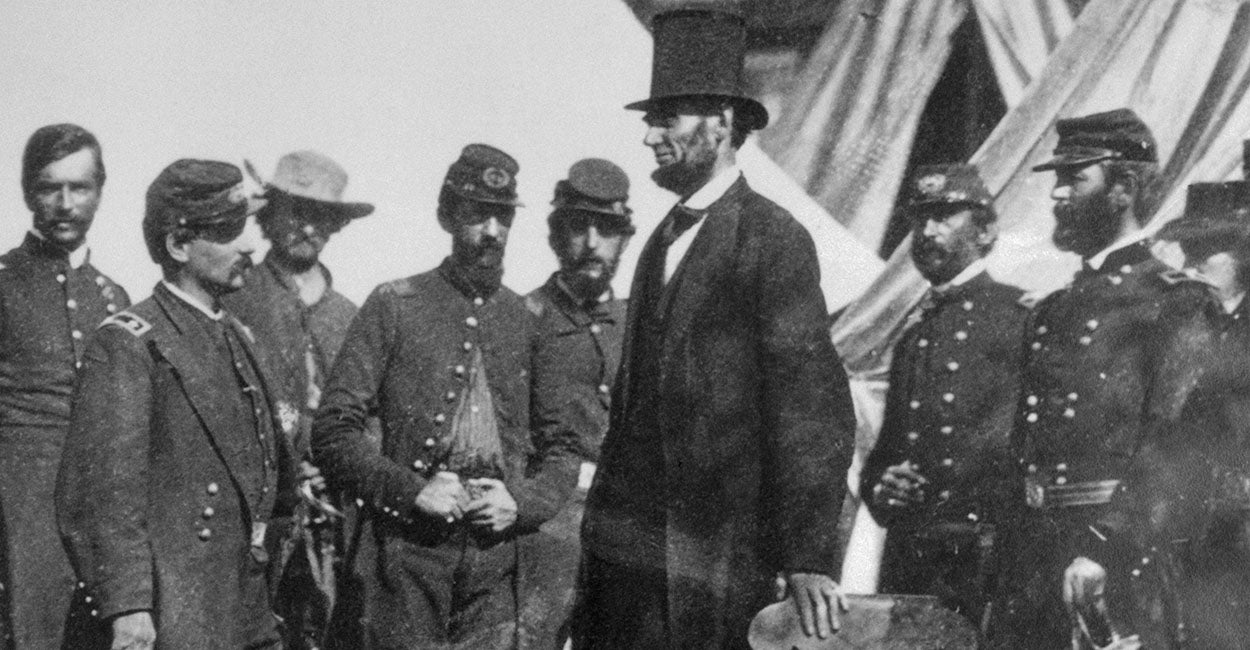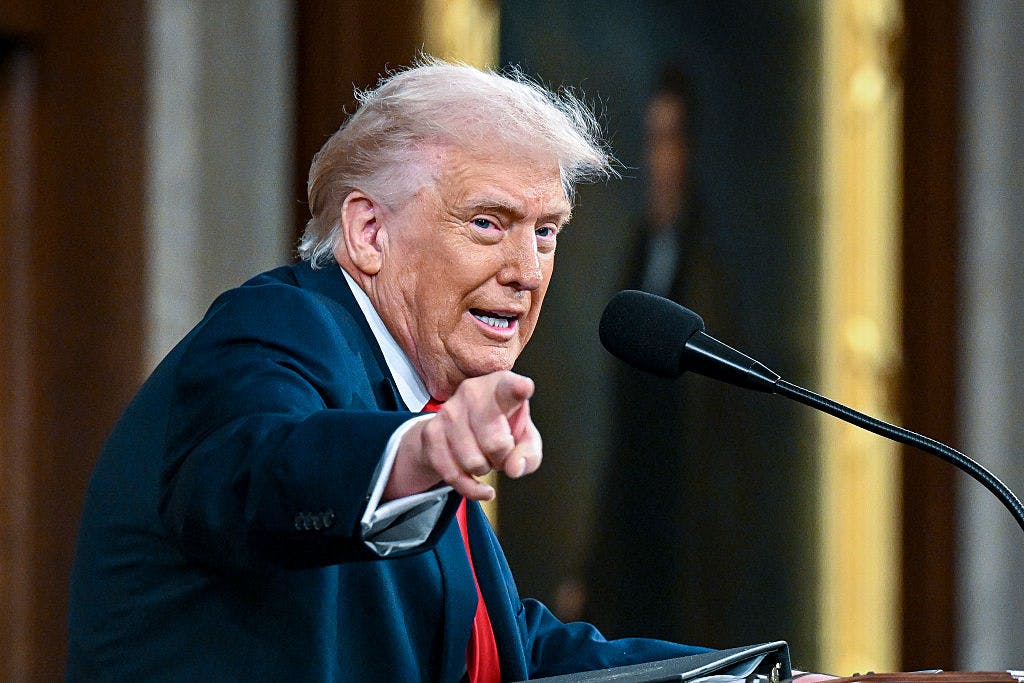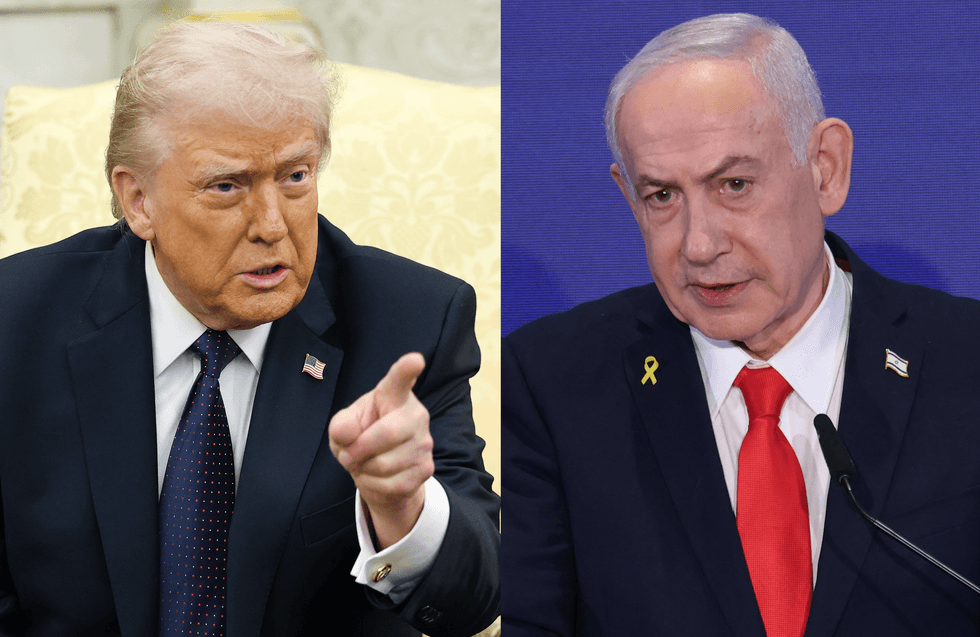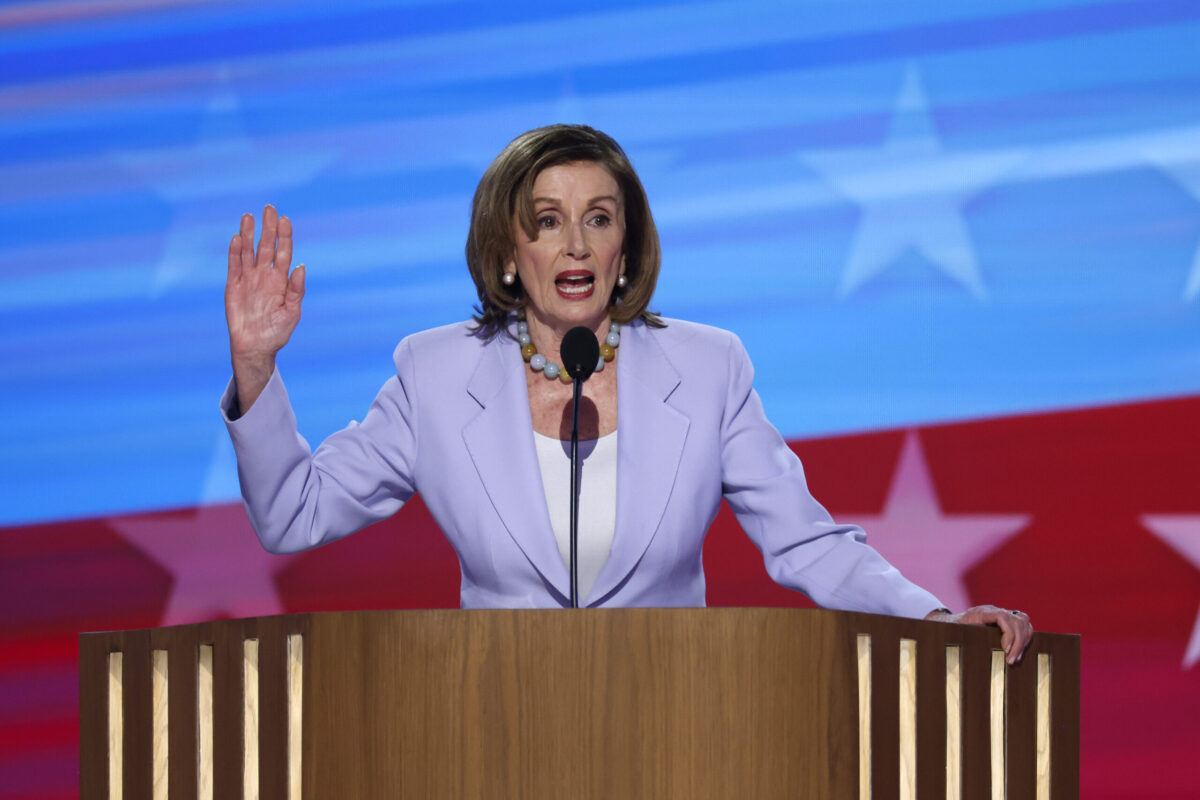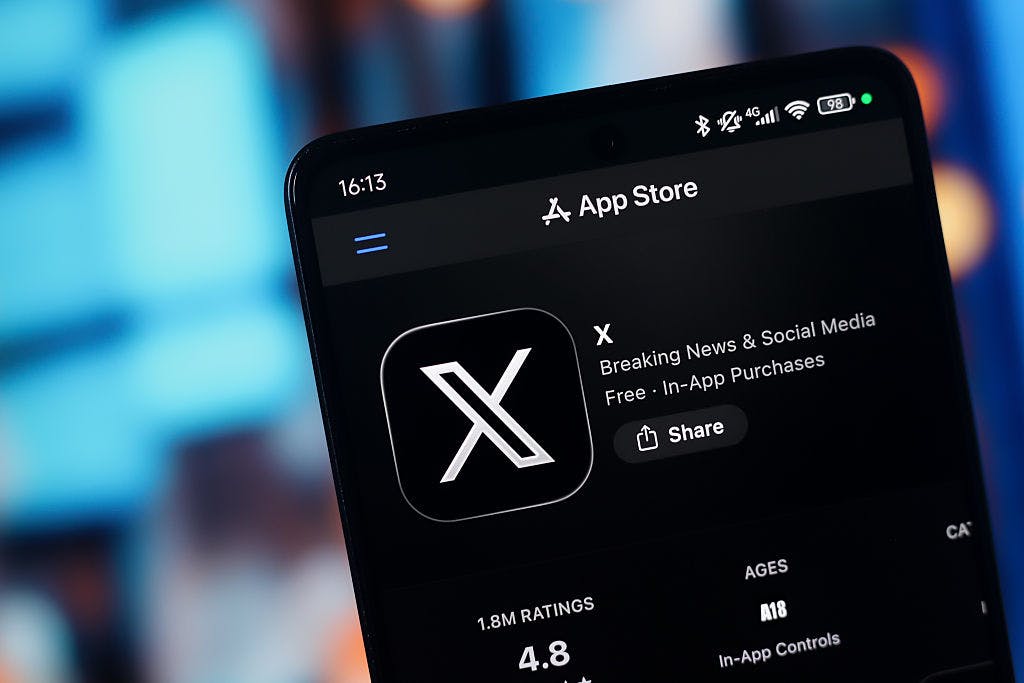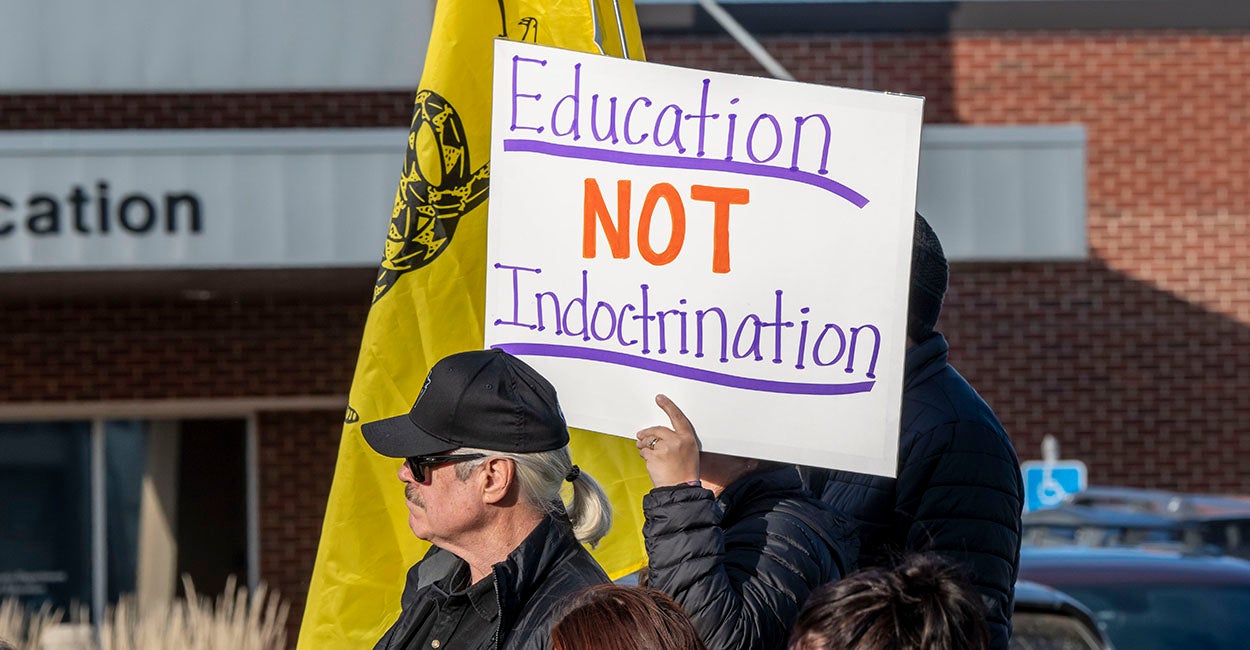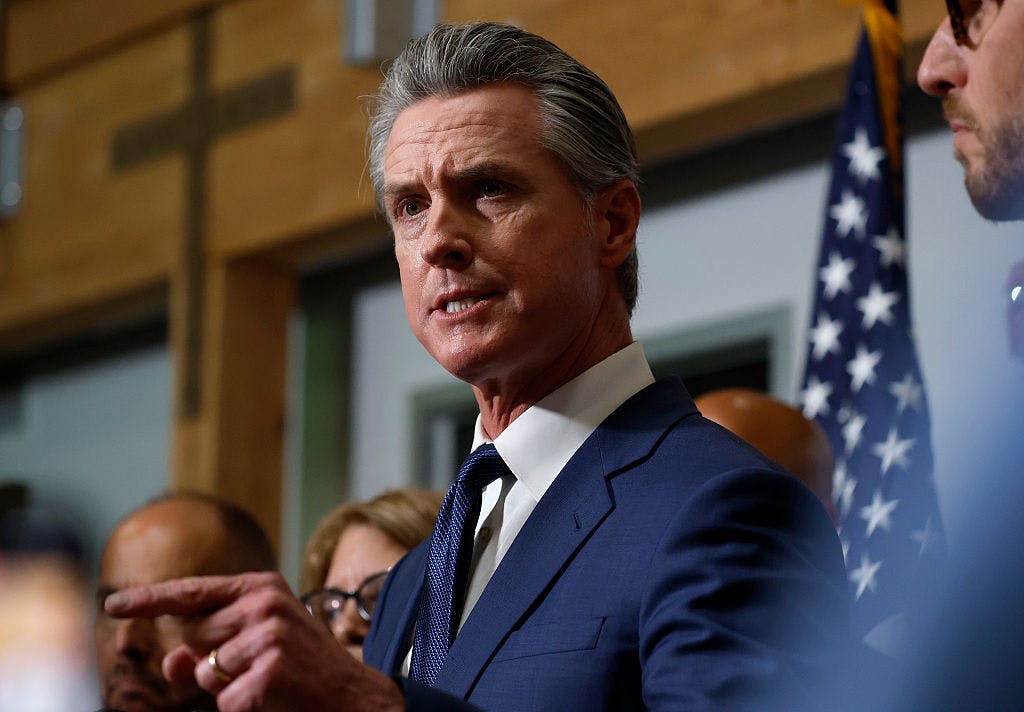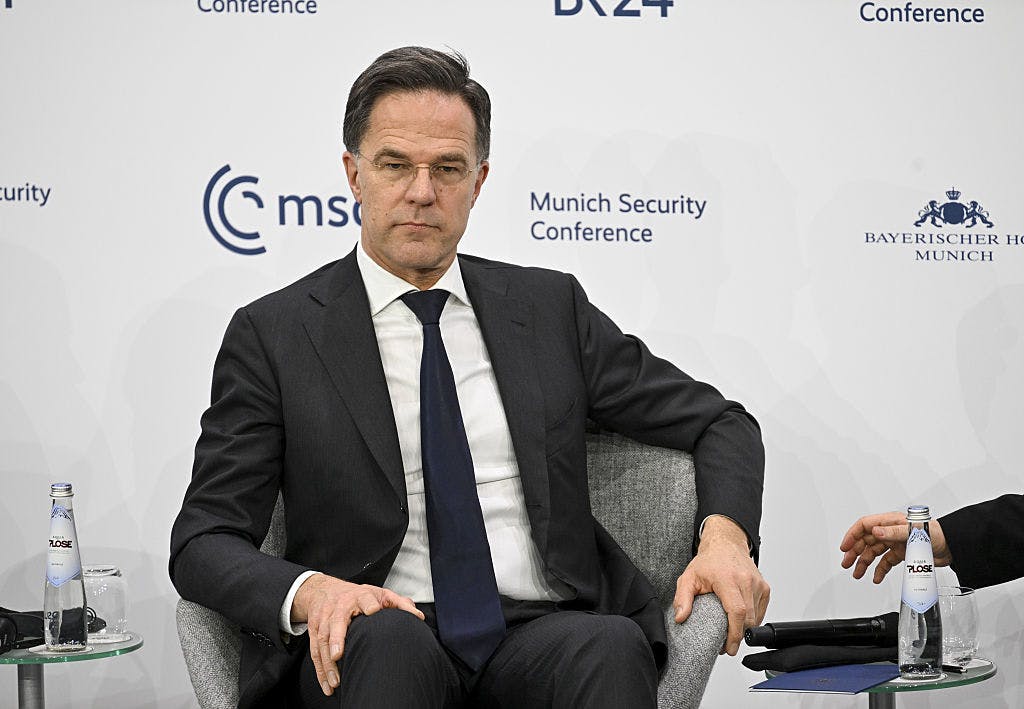Generation Z’s Conservative Shift: Trump, COVID-19, and Social Media’s Role

From its youngest members to its eldest, Generation Z is turning to conservatism. It turns out, social media, the COVID-19 pandemic, and President Donald Trump have all played a role in this shift. Let’s start with the latter and then work our way back, exploring the why and how, with voices straight from the source.
Live Your Best Retirement
Fun • Funds • Fitness • Freedom
- Trump’s triumph over Gen Z
The 2024 presidential election revealed a surprising trend: Generation Z’s growing affinity for conservative candidates, particularly Donald Trump. According to The Washington Times, many in Gen Z craved “authentic, genuine candidates” who could withstand scrutiny without fear of being “canceled.” Social media platforms like TikTok and X amplified Trump’s unfiltered persona, positioning him as a mold-breaker in a highly polarized political landscape. Joe Mitchell, a 28-year-old former Iowa state representative, emphasized Trump’s pivotal role: “One driving source was Donald J. Trump and his candidacy. If he was not the candidate, I don’t think we would have seen the massive switch in the youth vote that we did between 2016, 2020 to 2024.”
Conservative influencers like Charlie Kirk, through his Turning Point USA organization, further fueled this shift by engaging high school and college students in discussions about politics and philosophy. Mitchell noted, “We broke through the culture this election like we never have before.” Beyond Trump’s candidacy, Gen Z’s conservative leanings extend to social issues, with the Times reporting that younger voters are notably less supportive of policies like transgender athletes competing in women’s sports—a key point in Trump’s campaign and administration thus far.
- Pandemic pandemonium: Who’s really in charge here?
Beyond Trump’s influence, the COVID-19 pandemic was a defining moment for many in Gen Z, reshaping their trust in institutions and sparking political awareness. Kieran Laffey, a 19-year-old, described the pandemic as the moment he began “waking up to American politics.” The disruptions of lockdowns, mandatory masks, and virtual schooling stripped away milestones like prom and college experiences, leaving many young people feeling disheartened. Laffey recalled, “I was a normal kid in high school, played hockey my whole life, hung out with my friends, and that all stopped. I started to realize, Oh, who’s kind of pulling the strings here, what’s going on?”
For Gen Z, the pandemic exposed what many regarded as government overreach and inconsistencies in public health narratives. While some supported the measures, others, like Laffey, grew skeptical, questioning the motives behind policies and the legitimacy of initiatives like the COVID-19 vaccine. This skepticism, amplified in the years following the pandemic, has driven many young people toward conservatism, particularly as the Trump administration, even to this day, continues to investigate the handling of COVID-19-related policies.
- Technology and misinformation minefields
Social media is both a battleground and a catalyst for Gen Z’s political evolution. Platforms like TikTok and X dominate how this generation consumes news, forms worldviews, and even constructs identities. Ryan Gaire, a 19-year-old College Democrats president at Binghamton University, highlighted the challenge: “Technology is everywhere, right at your fingertips, with TikTok and all that stuff. You can just see blatant misinformation and it’s not called out anymore.” For a generation straddling tech-free childhoods and digital-native adolescence, social media is a powerful yet flawed tool.
Paradoxically, the same platforms that spread misinformation are fostering critical thinking among some Gen Zer’s. Laffey observed, “Younger people all over the country are kind of waking up.” Rather than passively accepting narratives, many are analyzing content with a skeptical eye, a trend that aligns with a rightward shift as they question progressive orthodoxies and seek alternative perspectives.
- Just a phase?
According to the Times, “It’s not just a phase.” But Trump and TikTok are only part of the story. Many in Gen Z are also reacting to the Democratic Party’s trajectory, pointing to growing frustration with far-left policies and rhetoric. Laffey articulated it this way: “Everything we’ve seen for the past, even decade, people like myself, young, white male—we’ve been completely demonized and almost hated and told that somehow we’re wrong, we’re racist or sexist.” Issues like abortion, LGBTQ+ policies, and open borders have solidified the Democratic Party’s progressive identity, alienating countless young voters who don’t agree with such radicalized views.
Even Gaire, a Democrat, said he’s “pretty disillusioned” with how his party has campaigned in the last several years. “When we talk about Gen Z shifting to the right and these kinds of things,” he said, “even if I think the Trump campaign did do some good things in terms of reaching out to them … ultimately, it’s a failure of the Democratic Party.”
In the end, John Della Volpe, director of Polling at the Institute of Politics at Harvard University, noted how “this is a generation that’s weathered pandemic isolation during formative years, entered an unstable economy, and faced skyrocketing housing and education costs—all while being told they’re not resilient enough.” He added, “What Gen Z needs isn’t another lecture, but genuine recognition of their struggles and leaders willing to listen before they speak.”
- Looking ahead: A call for deeper conviction
Gen Z’s growing conservative shift stems from a unique convergence of factors—Trump’s unconventional charisma, the disillusionment triggered by the COVID-19 pandemic, and the vast, unfiltered influence of social media. Young voters are navigating a turbulent world: economic instability, cultural rifts, and a deeply polarized political landscape. As someone who shares the Gen Z perspective and has lived through these challenges, I’m encouraged to see many recognizing the detrimental effects of unchecked liberalism and social media’s dominance.
But this rightward trend, while promising, is only a starting point. What we truly need—and should fervently pray for—is a generation that seeks Christ above all. The shift toward conservatism already reflects a hunger for authenticity and solutions that resonate with what Gen Z has experienced. Whether this signals a broader reshaping of their political identity as a whole remains uncertain. But one thing is undeniable: many have crossed the ideological divide, and that shift is unmistakable. Look no further than the 2024 presidential election. Yet, our deepest hope isn’t just for a generation that rejects the excesses of progressivism but fiercely chases after truth, propelled forward by piercing convictions.
Originally published by The Washington Stand
The post Generation Z’s Conservative Shift: Trump, COVID-19, and Social Media’s Role appeared first on The Daily Signal.
Originally Published at Daily Wire, Daily Signal, or The Blaze
What's Your Reaction?
 Like
0
Like
0
 Dislike
0
Dislike
0
 Love
0
Love
0
 Funny
0
Funny
0
 Angry
0
Angry
0
 Sad
0
Sad
0
 Wow
0
Wow
0





